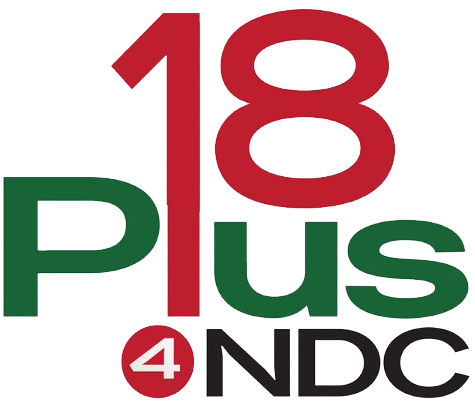The Case for Implementing a 24-Hour Economy: John Dramani Mahama’s Vision for Ghana in 2024

National Democratic Congress Elder Decries President Akufo-Addo’s Unfair Accusation of NDC as Trouble-Makers
November 29, 2023
Understanding the 24-Hour Economic Policy Proposed by John Dramani Mahama
January 4, 2024As Ghana gears up for the 2024 presidential elections, one key aspect that should be at the forefront of the candidates’ agenda is the implementation of a 24-hour economy. In this article, we will explore the reasons why John Dramani Mahama should prioritize this vision if elected as President. A 24-hour economy has the potential to bring about numerous benefits for the country, from increased economic growth and job creation to improved productivity and enhanced quality of life for its citizens.
Boosting Economic Growth: Implementing a 24-hour economy can significantly contribute to Ghana’s economic growth. By extending business hours and allowing businesses to operate around the clock, the country can tap into the potential of a global market that operates in different time zones. This would attract foreign direct investment, boost exports, and create new opportunities for local entrepreneurs. The increased economic activity would result in higher tax revenues, ultimately benefiting the government and the overall development of the nation.
Job Creation: A 24-hour economy would also lead to a surge in job opportunities across various sectors. Extended business hours would require additional staffing, leading to a rise in employment rates. Moreover, sectors such as hospitality, transportation, and entertainment would experience growth, creating even more job opportunities. This would not only reduce unemployment rates but also improve the standard of living for many Ghanaians.
Enhanced Productivity: Operating in a 24-hour economy allows for optimized utilization of resources. Businesses would be able to operate continuously, maximizing their output and efficiency. This increased productivity would lead to higher profits for businesses, enabling them to invest in research and development, innovation, and expansion. Ultimately, this would contribute to the overall growth and competitiveness of Ghana’s economy on a global scale.
Improved Quality of Life: Implementing a 24-hour economy would bring about a shift in societal norms and habits. With extended business hours, citizens would have the flexibility to choose when they work, shop, or engage in leisure activities. This would allow for a better work-life balance, reducing stress levels and enhancing overall well-being. Additionally, a 24-hour economy would provide access to essential services, such as healthcare and emergency services, round the clock, ensuring citizens’ safety and welfare.
Technological Advancements: A 24-hour economy requires advanced technological infrastructure. Implementing this vision would necessitate investments in technology, including reliable internet connectivity, digital payment systems, and smart city solutions. These advancements would not only support the functioning of a 24-hour economy but also drive innovation and digital transformation in other sectors. This would position Ghana as a leader in technology adoption and attract further investments in the long run.
Implementing a 24-hour economy is a bold and visionary move that Ghana needs to consider, and John Dramani Mahama’s commitment to this vision makes him a strong candidate for the presidency in 2024. The benefits of a 24-hour economy, including increased economic growth, job creation, enhanced productivity, improved quality of life, and technological advancements, are significant and cannot be overlooked. By embracing this approach, Ghana can position itself as a vibrant and competitive nation on the global stage, ensuring a prosperous future for its citizens.
Building the Ghana we want together.
Michael Agbesi Kelly




